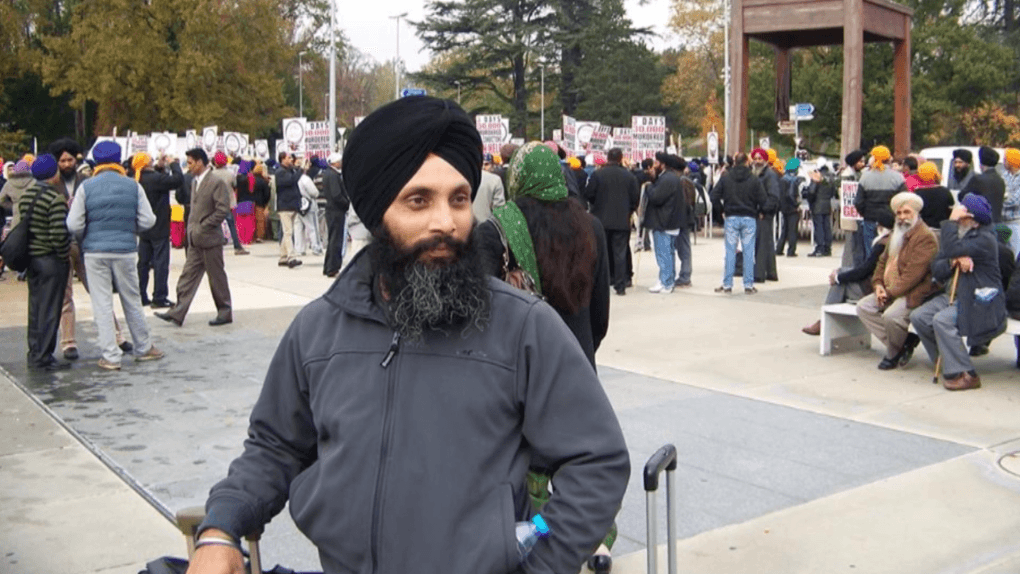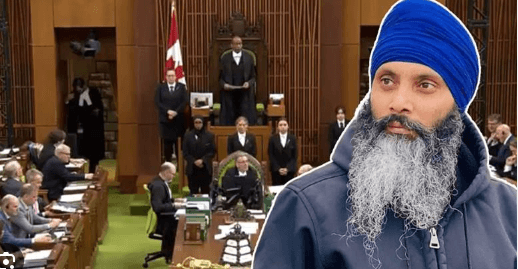india-Canada relations have recently deteriorated sharply due to diplomatic tensions related to accusations made by Canadian Prime Minister Justin Trudeau. These tensions are rooted in allegations concerning the killing of Hardeep Singh Nijjar, a Canadian citizen and Sikh separatist leader who was shot dead outside a temple in British Columbia in June 2023. Nijjar had been associated with the Khalistan movement, which seeks an independent Sikh state in Punjab, India. He was also designated a terrorist by the Indian government in 2020.
Key Developments in the Deterioration of Relations:
Trudeau’s Allegations (September 2023):
Trudeau publicly alleged that Canadian intelligence had credible evidence of possible Indian government involvement in Nijjar’s killing. He claimed that there was a link between the Indian state and the assassination, which escalated tensions between the two countries.
Trudeau demanded that India cooperate in a transparent investigation into Nijjar’s death.
India’s Response:
India vehemently denied the accusations, calling them “absurd” and “motivated.” The Indian government emphasized that it had no role in Nijjar’s murder.
India accused Canada of harboring extremists, particularly those linked to the Khalistan movement, which India sees as a major threat to its national security. New Delhi has long been frustrated with what it perceives as Canadian leniency toward Sikh separatist activities on its soil.
Diplomatic Fallout:
Both countries expelled senior diplomats in the wake of Trudeau’s allegations.
India suspended visa services for Canadians, citing security concerns and Canada’s lack of cooperation in addressing the activities of Khalistani elements.
The tensions also affected trade negotiations between the two nations, with India pausing talks on a potential free trade agreement.
Context of Strained Relations:
Khalistan Issue: The Khalistan separatist movement has been a longstanding point of contention between India and Canada. Canada has a large Sikh diaspora, some of whom support the Khalistan cause. India has expressed concerns over the activities of pro-Khalistan groups in Canada, accusing them of spreading anti-India rhetoric.
2020 Farmer Protests: During the massive farmer protests in India, several Canadian politicians, including Trudeau, expressed support for the farmers, many of whom were from Punjab, which further strained relations with India. India viewed this as interference in its internal affairs.
Charges Against Justin Trudeau:
As of now, Trudeau himself has not been charged with any crimes or formal allegations. His actions have primarily been diplomatic in nature, raising questions about foreign interference. The charges or accusations that have led to tension are mainly related to:
Diplomatic Impropriety:
India has accused Trudeau of making unsubstantiated claims and damaging diplomatic relations by publicly linking India to a murder without concrete evidence. India’s counter-allegation is that Trudeau is pandering to domestic political interests by siding with Khalistani sympathizers in Canada.
In summary, India-Canada relations deteriorated due to Trudeau’s allegations that India was involved in the killing of a Canadian citizen, which India denies. The larger backdrop of tensions includes the Khalistan issue and differing views on handling separatist activities.



